Ellis v Eng, 2010 NY Slip Op 01453 (2d Dept. 2010)
This medical malpractice case, I think, is a must read for many reasons. First, it discusses the issues involving experts offering opinions outside their areas of expertise. We have been down this path before, but we may have some guidance here as to how to qualify an otherwise unqualified expert. But second, there is a discussion as to the use of literature and the burden of production of the same. This is huge for many reasons. I will share my thoughts at the end of the quoted passage, immediately below.
“In support of their separate motions for summary judgment, Eng, Delphic Surgical, and Gusset established their prima facie entitlement of judgment as a matter of law by submitting evidence demonstrating that they did not depart from accepted standards of medical practice by their failure to recommend adjuvant therapy after the decedent’s surgery, failure to obtain his informed consent for foregoing adjuvant therapy, and failure to refer him to an oncologist. Their submissions included, inter alia, evidence that the clinical practice guidelines of the American Society of Clinical Oncology in 2002 did not support the use of adjuvant therapy for stage II colon cancer. In opposition, the plaintiffs failed to raise a triable issue of fact.
The plaintiffs contend that they were not required to show that clinical practice guidelines required the recommendation of chemotherapy, since clinical practice guidelines “are merely one method of informing the opinion of a qualified medical expert.” Although, in general, evidence of guidelines is not conclusive, and such evidence is not a necessary element of a plaintiff’s proof (see Hinlicky v Dreyfuss, 6 NY3d 636, 645, n5), in this case, the plaintiffs’ experts relied on guidelines.
The plaintiffs’ surgical expert claimed that, since 2000, the American Society of Clinical Oncology recommended chemotherapy for stage II patients with at least one poor prognostic indicator. Since the surgical expert’s specialty was laparoscopic, trauma, and general surgery—not cancer surgery or gastrointestinal surgery—the expert was required to lay a foundation in support of the reliability of the opinions rendered (see Mustello v Berg, 44 AD3d 1018, 1019), and could not rely upon conclusory assertions (see Romano v Stanley, 90 NY2d 444, 452). Since the foundation for the expert’s opinion was the guidelines cited, the validity of the expert’s opinion was dependent on the validity of those guidelines. The plaintiffs’ second expert—an oncologist—also referred to guidelines—this time of the “American Cancer Association [sic]”—which were not produced, and which the expert for Eng and Delphic Surgical claimed did not exist. Therefore, the guidelines of the American Society of Clinical Oncology were crucial to the plaintiffs’ position.
The purported guidelines of the American Society of Clinical Oncology for 2000 are not in the record. The recommendations of the American Society of Clinical Oncology for 2004 are in the record. Those recommendations stated that even in 2004, there was no definite consensus that adjuvant therapy was warranted for high-risk stage II colon cancer patients. Thus, there was no proper basis for the opinion that failure to recommend adjuvant therapy in 2002 was a departure from accepted medical practice.
The plaintiffs further contend that a Frye hearing (see Frye v United States, 293 F 1013 [DC Cir]), would be appropriate to ascertain the reliability of the plaintiffs’ evidence that chemotherapy should have been recommended. A Frye hearing is used to determine whether the expert’s methodologies in arriving at a conclusion are accepted as reliable within the scientific [*4]community; for example, whether the expert’s methodologies in determining the stage of the patient’s cancer are sufficiently accepted as reliable to permit the expert to testify as to his or her results (see Page v Marusich, 51 AD3d 1201). However, where, as here, the challenge is to the reliability of the expert’s conclusions, not whether the expert’s methodologies or deductions are based upon principles that are sufficiently established to have gained general acceptance as reliable, there is no basis for a Frye hearing (see Lipschitz v Stein, 65 AD3d 573, 576; Nonnon v City of New York, 32 AD3d 91, 103, affd 9 NY3d 825).”
My observations:
I have to state that the non no-fault cases that the Appellate Divisions have recently decided have had a more profound impact on no-fault practice in the last six (6) months than the no-fault cases that have been decided. This case may have extensive ramifications within the no-fault realm, because this case involves the use of literature in the molding of a peer reviewer’s determination as to the necessity of a given service.
We saw the other day in Progressive Med., Inc. v Allstate Ins. Co., 2010 NY Slip Op 50219(U)(App. Term 2d Dept. 2010), how it was important that the literature be probative of the underlying issue or the testimony will be of no significance. The Appellate Term in Progressive agreed with the District Court that the literature the expert cited to was of no value where the peer doctor “[r]eferred to a report from his board- certifying academy regarding one type of equipment at issue….[of which] the reliability of [the study underlying the report] had not been established.”
What we see here, however, is a complete 180 as to the role of medical literature in medical malpractice and no-fault cases. Not only are medical treatises permitted to be discussed on direct examination of an expert witness, but the failure to properly cite to a probative study or piece of literature will torpedo a case. Ellis, I think, represents are marked shift in this arena. Of course, this was a trend you have seen in my prior posts on this blog.
This brings us to the next issue, and this is somewhat related to the Progressive case. Must the literature, which we are now going to allow to be used as part of an expert’s direct examination, be produced? The answer looks to be a qualified no. Why qualified? Because of the following line in Ellis: “The plaintiffs’ second expert—an oncologist—also referred to guidelines—this time of the “American Cancer Association [sic]”—which were not produced, and which the expert for Eng and Delphic Surgicalclaimed did not exist. Therefore, the guidelines of the American Society of Clinical Oncology were crucial to the plaintiffs’ position .
A court will thus presume that the cited to treatise exists and is reliable, unless an opposing expert says that the treatise does not exist or does not support the proffering expert’s theory.
In a standard no-fault trial where the plaintiff does not bring a rebuttal witness, this case may be of minimal utility to the plaintiff. Should the plaintiff have an expert and the cited to literature appears not to exist or to be improperly analyzed, then the plaintiff may be able to force defendant’s expert to make an offer of proof midstream during his testimony viz a vi producing the quoted literature, lest the proffering expert’s testimony be stricken from the record.
What really interests me is how this case will play out in the arbitration front. Various Applicant attorneys argue that the Respondent insurance carrier is under an affirmative duty to produce cited to medical literature, in response to Applicant’s so-called discovery demands. I have never subscribed to the theory that the Respondent must produce the literature since it may be found on the internet. Thus, it would seem that an Applicant will need an affidavit from his own expert saying the literature does not exist or does not stand for the proposition it espouses in order to force Respondent to produce the same.
As it relates to experts of an improper specialty offering an opinion outside the scope of their expertise, it looks like familiarity with relevant literature may assist in allowing a basic foundation to be laid. But this case is not clear, and one would be asking for trouble to have, for example, an internist commenting on a surgeon’s records or a physiatrist commenting on a chiropractor’s records.





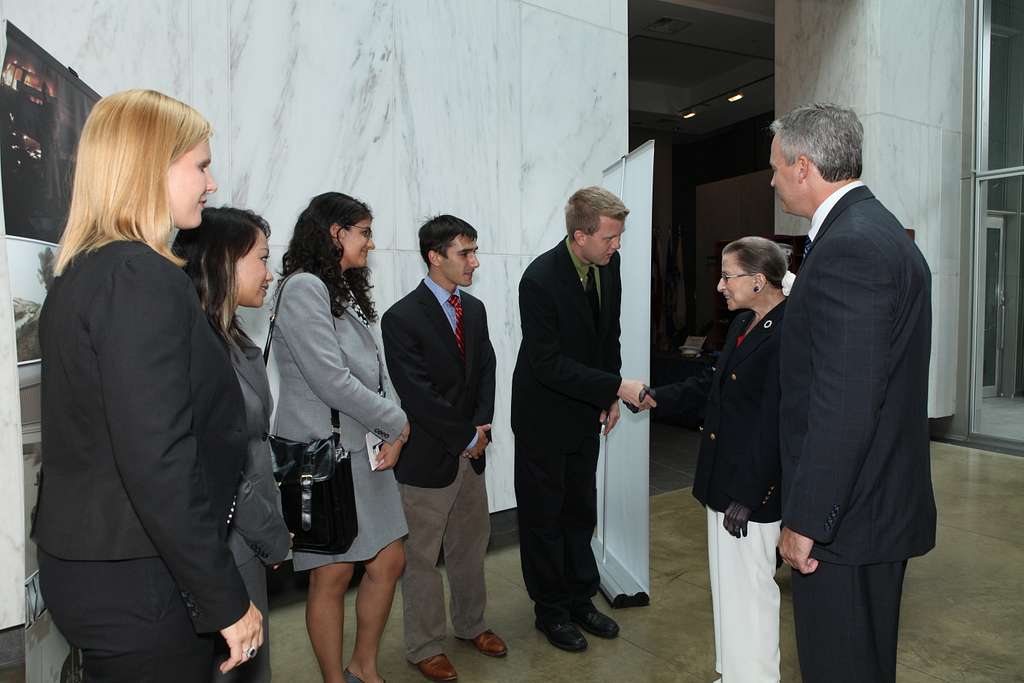
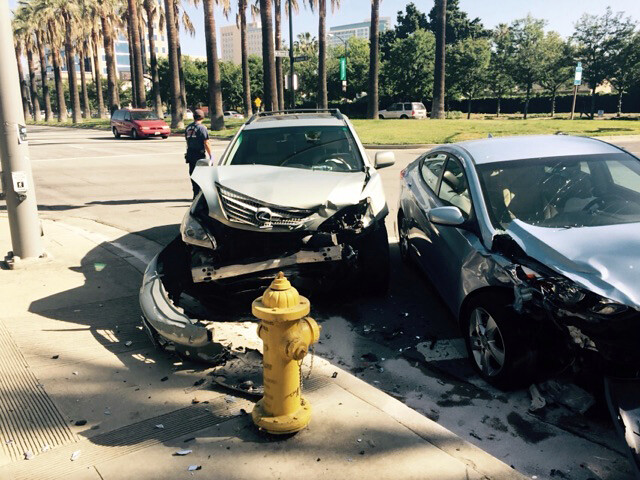

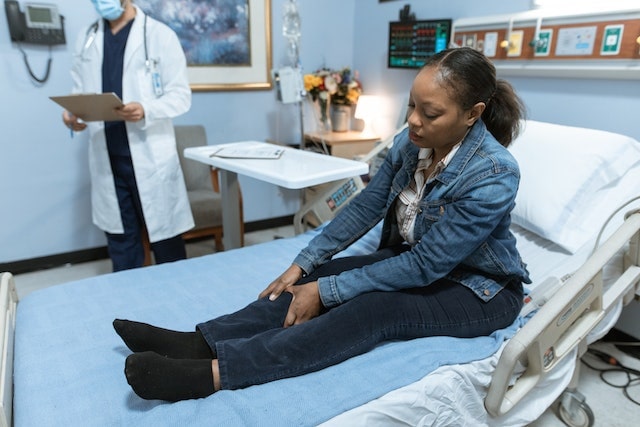

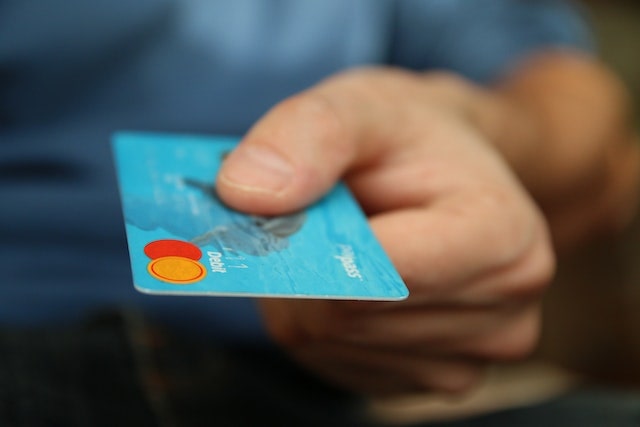
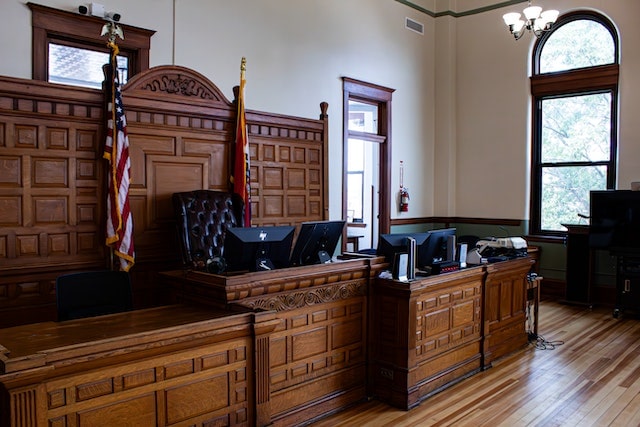

3 Responses
The articles are material, necessary, and relevant. They probably should be produced. I don’t think that many plaintiffs insist on receiving them though.
That a court will assume a document exists and is accurately summarized without any evidence at all, is absurd. That a court would assume the same of an article, when it’s referred to in a peer review (but not before the court) being discussed in court by a doctor who did not write the peer review, is nuts. The “trust me, I’m a doctor” exception to the hearsay rule is dumb.
I think the going thought process is that all of these articles are online. I know when I need to locate these articles, i many times just purchase the darn things online. The reason this whole topic is rife with uncertainty is because we just entered an era where a party in no-fault (peer review) and medical malpractice cases must proffer corroborative studies and treatises in order to substantiate their respective burdens.
Whether someone is easily available to either party has been consistently ignored in no-fault discovery. If a defendant insisted that it was available online, and refused to produce it, at the very least they should be required to provide the full cite for the article, treatise, or book. And, defendant should be sure that whatever it is, is actually available online. A stipulation requiring answers to what and where, will in most cases be blown, resulting in preclusion.
In any event, allowing a witness to testify about articles that were mentioned in a report the witness did not write, in the context of explaining what the original author cited them for, with nothing to corroborate the statements, just seems, on it’s face, to be a bad idea.
It will be pushed too far.